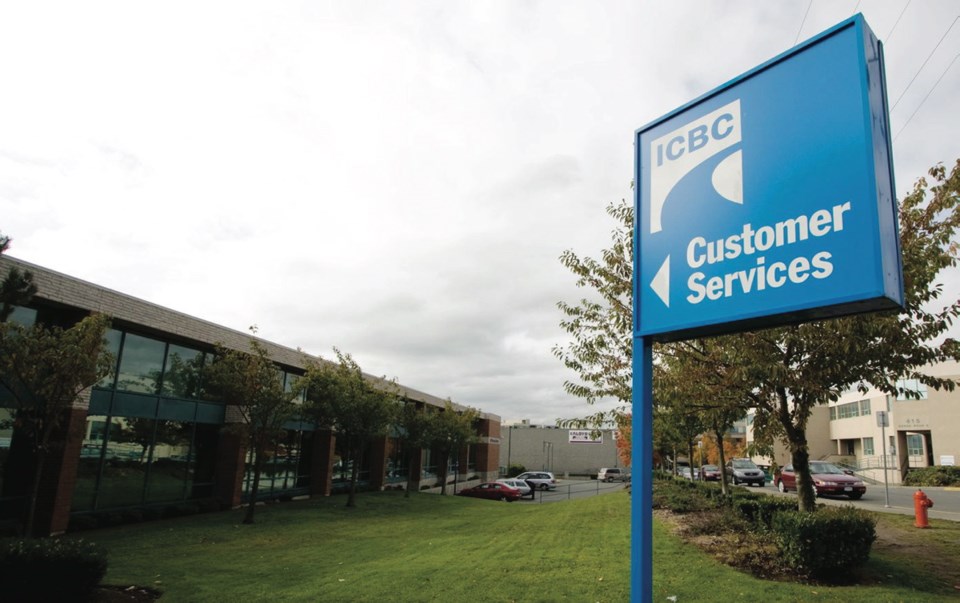VANCOUVER — The number of ICBC employees earning more than $150,000 a year jumped between 2016 and 2019 — this at a time when the beleaguered public insurer continues to bleed red ink and many drivers are getting charged higher premiums.
According to ICBC’s 2019 statement and schedules of financial information released Monday, there were 93 employees making $150,000 or more a year in the 2018-19 fiscal year ending March 31, 2019.
That’s almost double the 47 ICBC employees earning that range from January to December 2016.
However, it is significantly less than the 147 people who met the $150,000 annual salary threshold in 2017-18 (ICBC transitioned from a year-end calendar to a March 31 fiscal year-end in 2016).
The number of ICBC employees who make $200,000 a year or more followed a similar pattern, jumping from 11 in 2016, peaking at 32 in 2017-18, and then dipping to 21 in 2018-19.
The opposition Liberals are pinning what they called an “offensive” increase on the NDP government, comparing figures from January to December 2016 — the last full year the Liberals were in power — to those of 2018-19.
“The one thing you never saw when the B.C. Liberals were in power was a dramatic increase in ICBC rates,” said ICBC critic Jas Johal, calling the bump in high-earning employees “unconscionable.” “Right now it tells me those premiums are going to pay for people making a lot more money.”
The NDP counters that the number of high earners at ICBC is on the decline, noting there has been a decrease in the number of employees making more than $100,000 a year over the last two fiscal years.
“This is one of the areas we’ve had some pretty good success,” Attorney General David Eby told reporters.
ICBC data for 2017-18 and 2018-19 show a 38-per-cent decrease for employees earning between $150,000 to $200,000 a year, and a 34-per-cent decrease for those earning at least $200,000 a year.
The only segment that has grown are front-line workers earning between $75,000 to $100,000, who deal directly with claims, said Eby.
“The reason why we increased employees there was so that when people call and need help with a claim, they don’t need to hire a lawyer to get a result.”
ICBC said it hired 400 full-time employees in claims services and related areas, including injury adjustment, claims legal services and fraud special investigations between January 2016 to March 2017, which means the hiring spree occurred under the Liberals’ watch as the NDP government was elected in May 2017 and took office in July.
The following fiscal year was the first full year of earnings for the new hires, which accounts for the spike in the number of high-earners in 2017-18.
Another 150 employees were hired in ICBC’s claims division between April 2017 and March 2018.
ICBC recorded a loss of $1.15 billion for the fiscal year ending March this year, slightly down from $1.32 billion loss in 2017-18.
The NDP government has been trying to curb costs at ICBC, but suffered a setback last week when the B.C. Supreme Court ruled its cap on the maximum number of expert-witness reports allowed in court cases was unconstitutional.



